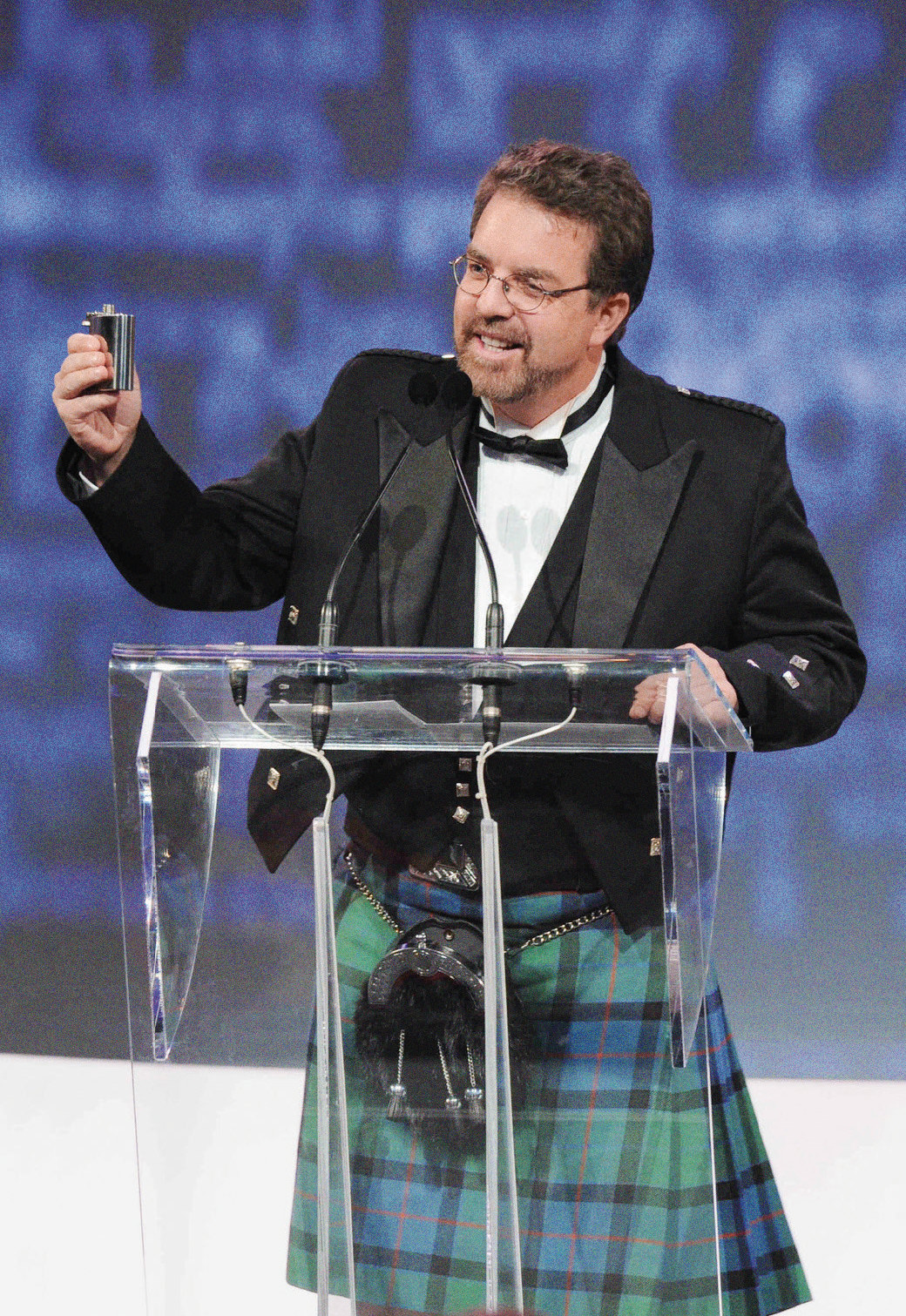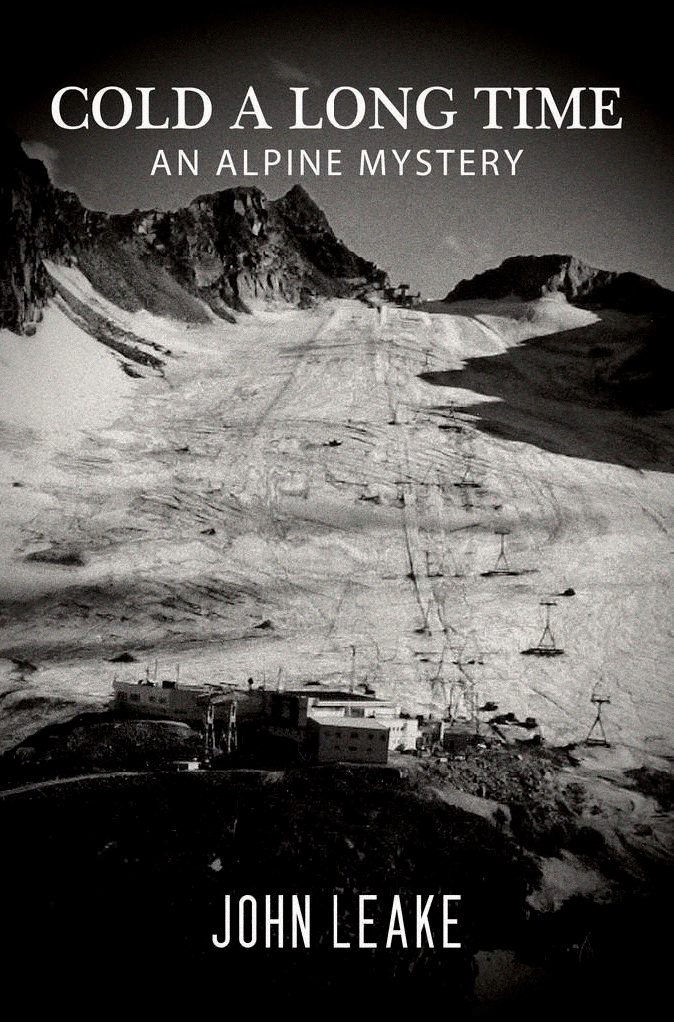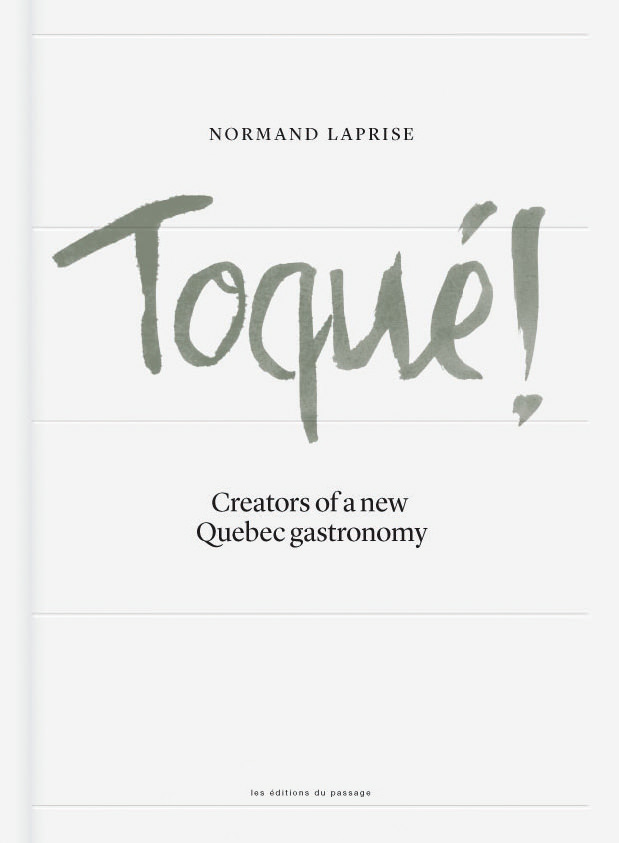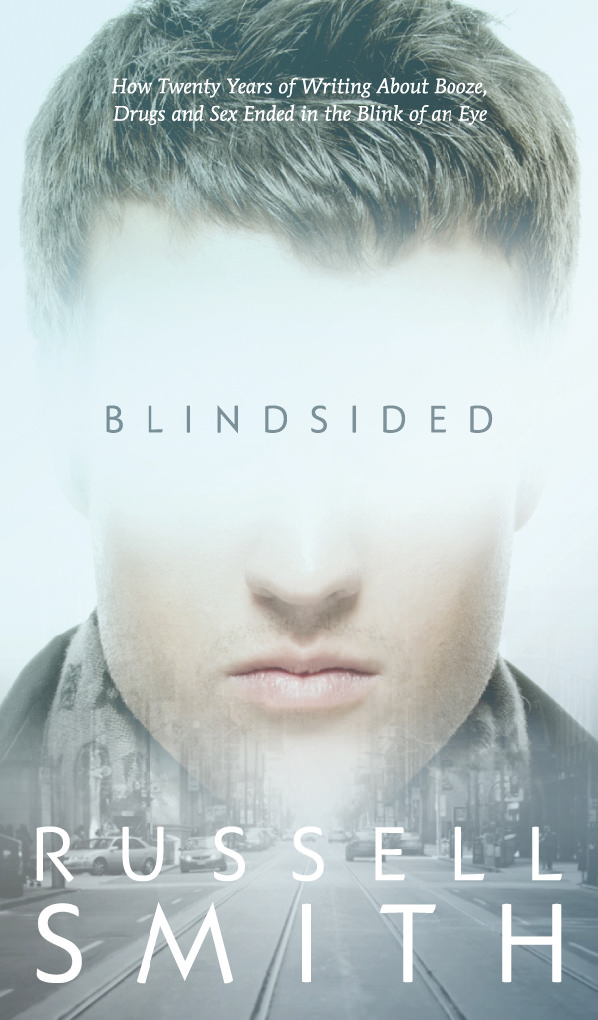Sheila Heti
The art of birthing books.
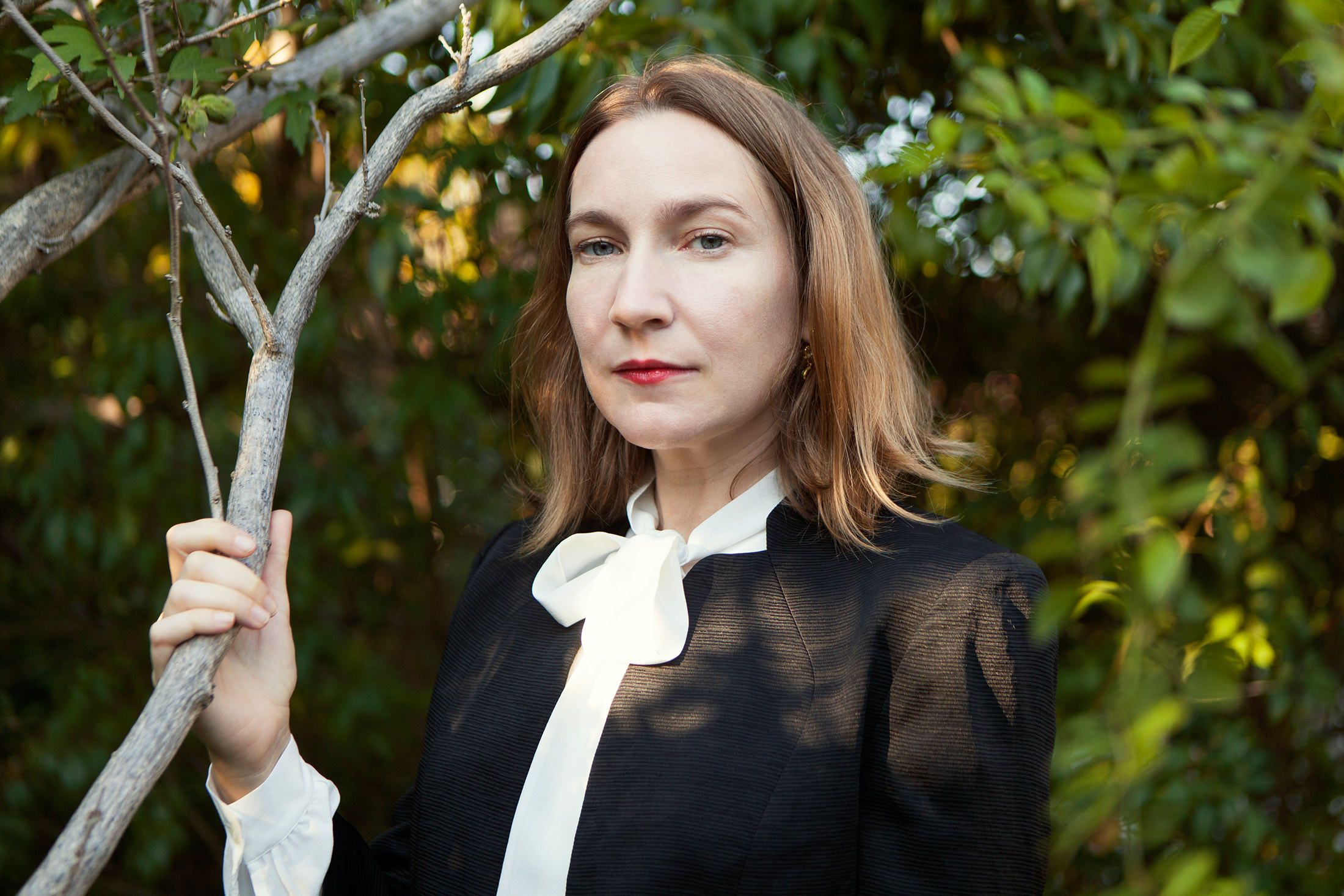
In Sheila Heti’s novel Motherhood, the unnamed narrator finds herself out with friends in New York City, debating the merits of becoming a parent. She’s a writer, staring down 40, living in Toronto with a partner who doesn’t want a child, and she’s feeling deeply ambivalent about whether to push the issue. Meanwhile, a Marxist intellectual at the Manhattan gathering—a man also uninterested in having kids—casually throws around Walter Benjamin references to prove his point. After another half hour of discussion, his girlfriend finally speaks up. “Being a woman, you can’t just say you don’t want a child,” she says. “You have to have some big plan or idea of what you’re going to do instead. And it better be something great. And you had better be able to tell it convincingly—before it even happens—what the arc of your life will be.”
The book, of course, explores this very dilemma, which is, at its heart, a crisis of narrative. It is a story about what happens to a woman when she departs from story. When she begins to exist, in fact, outside story, and the exquisite pain and pleasure tied up in that endeavour. Motherhood’s recent Giller recognition, then, is not just an affirmation of Heti’s place in our country’s literary landscape, but also a validation of her subject matter. That such an intimate, uniquely female topic is worthy of cultural conversation, and indeed of great art.
Heti says the book has been gestating for years. Raised in Toronto, she penned stories as a child and knew early on that she wanted to be a writer. “When I write—and this has been true for my whole life—I’ve just been able to find a profound feeling of privacy,” she says. “When you are a human in the world, you are always having to be appropriate. And adjust, and be civilized, and so on. Writing has always been a place where I can just do whatever I want. It doesn’t involve all sorts of calculations of being in the world … I’ve always had that special feeling while writing that nothing else in life has ever given me.”
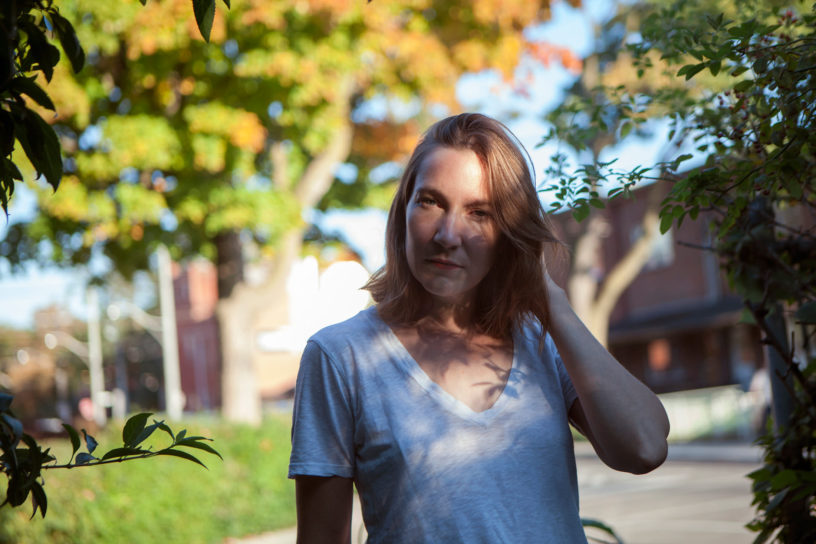
Initially, Heti was drawn to the theatre, inspired by people like Harold Pinter, the Nobel Prize–winning British playwright. At 18, she moved to Montreal to study at the National Theatre School of Canada, where she passed endless hours with her classmates, reading, smoking pot, talking, and exploring the city. After a year, she returned to her hometown and began working at Shift, a technology and culture magazine. She went on to enroll at the University of Toronto, studying art history and philosophy. It was there that she turned her attention to writing short stories, convinced that plays were not the way forward for her.
Heti is the rare writer who fell in love with the writing process first—before finding her own voice, before having any specific stories to tell. In her early 20s, Heti set out to teach herself to write, penning volume upon volume of short fiction. She felt certain she first had to learn how to tell a story well, that eventually she would know what sort of stories to tell. She successfully produced reams of writing, but could not get published in Canadian literary journals. In frustration, she sought out readers in her own weird and whimsical way, leaving stories in envelopes on the subway or mailing them to random people she found in the phone book.
“Every time I write a book, I become a different person. I become the person the book needs.”
This all changed when the prestigious journal McSweeney’s published her in its fourth issue, alongside megawatt names like George Saunders, Denis Johnson, Haruki Murakami, and Lydia Davis. “It was kind of mind-blowing,” Heti recalls. An offer from publisher House of Anansi Press followed for what became her 2001 debut, The Middle Stories, a book of postmodern fairy tales. For the first time, it became clear to Heti that the writing life could be viable.
In the years since, she’s become a literary luminary, publishing novels, children’s books, and crowd-sourced collaborations like the New York Times bestselling Women in Clothes. She’s befriended esteemed authors like Rachel Cusk, conducted interviews with icons such as Joan Didion (she was warm, present, patient, and “not scary”, Heti says with a laugh), and been interviewed for the illustrious Paris Review. Not to mention finding fame with 2010’s How Should a Person Be?, which Marie Claire called “HBO’s Girls in book form” and Lena Dunham herself called “a really amazing meta-fiction meets non-fiction novel that’s so funny and strange.” The book prompted a lengthy review in The New Yorker from none other than James Wood, who noted that “this talented writer may well have identified a central dialectic of twenty-first-century postmodern being.” (Praise has been far from universal, mind you, with Wood also taking numerous swipes at the book and an unnamed writer griping to The Walrus that “her greatest talent is convincing people she has talent.”)
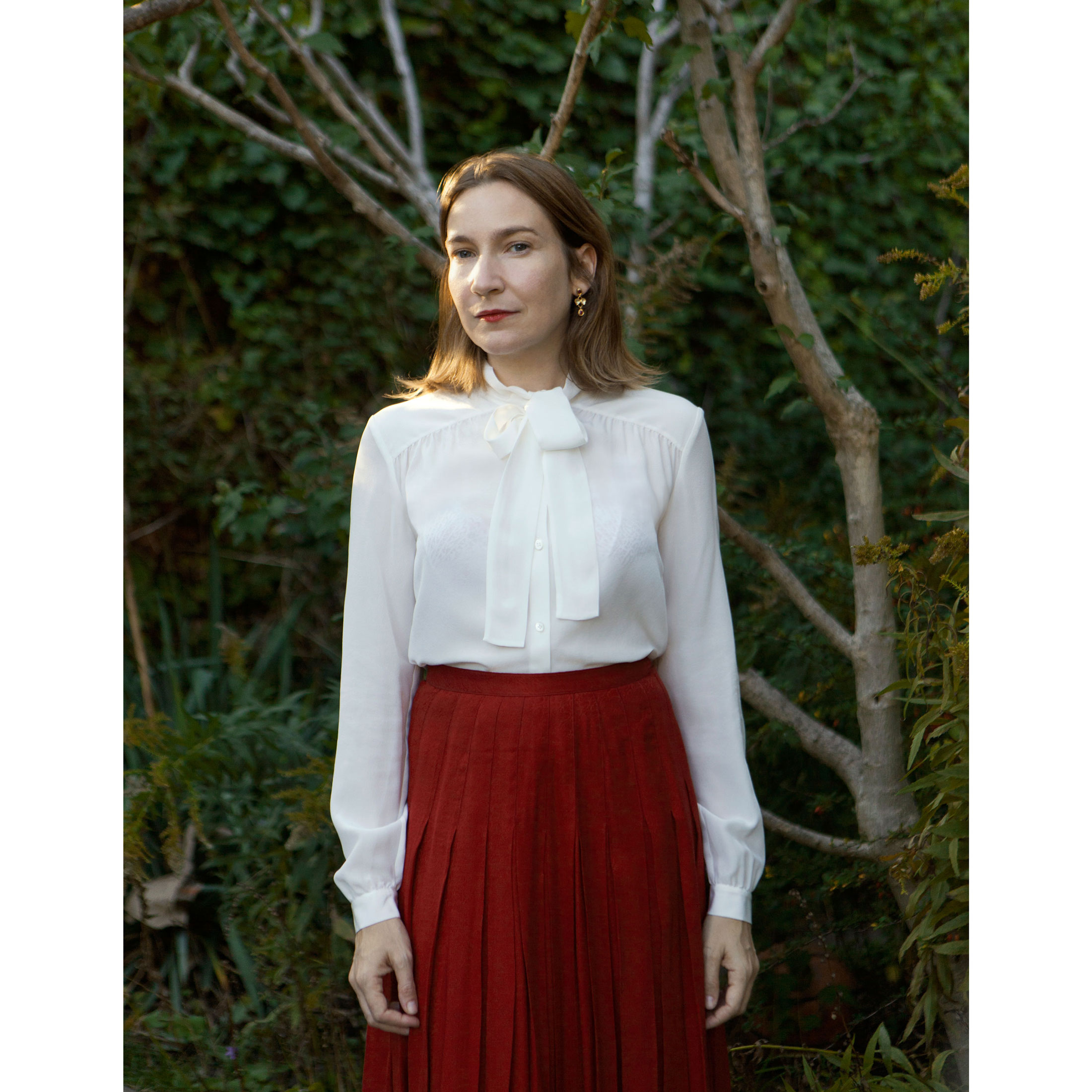
Now, Heti has tackled another pressing question facing Gen X women—whether to reproduce—in a book that’s proven to be both popular and polarizing. She describes Motherhood as a sort of spiritual exercise, a way of viewing the practical proposition of family life through an existential lens. The novel sees its narrator constantly flipping coins, seeking answers to the big questions in life. As such, it has a sort of mystical quality to it. Which is fitting, as Heti says the book snuck up on her, “writing itself”, as she puts it, before she realized it would be a book.
Still, the ambivalence Motherhood’s narrator feels is not her own, Heti is quick to point out. She is very much at peace with her decision not to have children; it was easily resolved for her. However, “In order to write the book, I had to bring up all my desires, and all my lack of desires,” she says. “Every time I write a book, I become a different person. I become the person the book needs.”
The person this book needed was someone who really didn’t know what she wanted, who felt, at least on a certain level, torn and unsure whether to birth a child or a book. “If I hadn’t written the book,” she stresses, “I wouldn’t have become that person.”
This is where the genius of Heti’s writing lies, in her willingness to reshape her own life to serve narrative. She uses her life, she says, because it’s close at hand and full of information. “This is the life I can look at with the most truth and the most transparency,” she says. “But I’m not interested in telling my story.”
She’s not interested in rote fidelity to reality, either, but rather in using the raw material of experience to access a higher consciousness. In the case of Motherhood, that consciousness is about women’s lives, about how you tell the story of a woman’s life when it isn’t about marriage or motherhood. “It’s a liberating, wonderful situation to be in, once you begin,” Heti says. “You can make up a story that’s right for you.”
_________
Never miss a story. Sign up for NUVO’s weekly newsletter.

